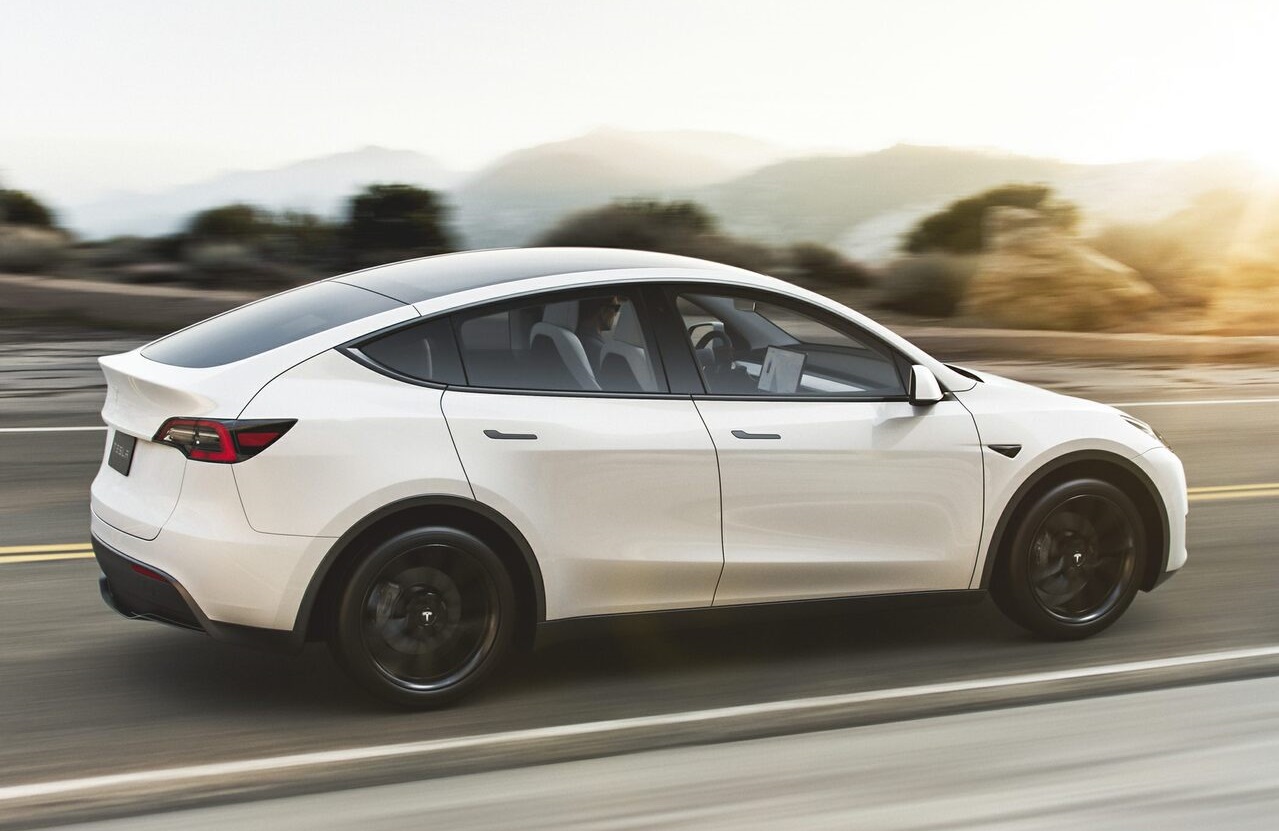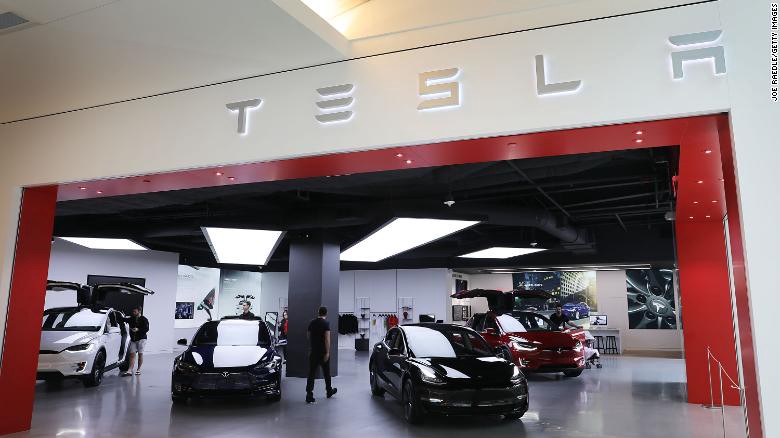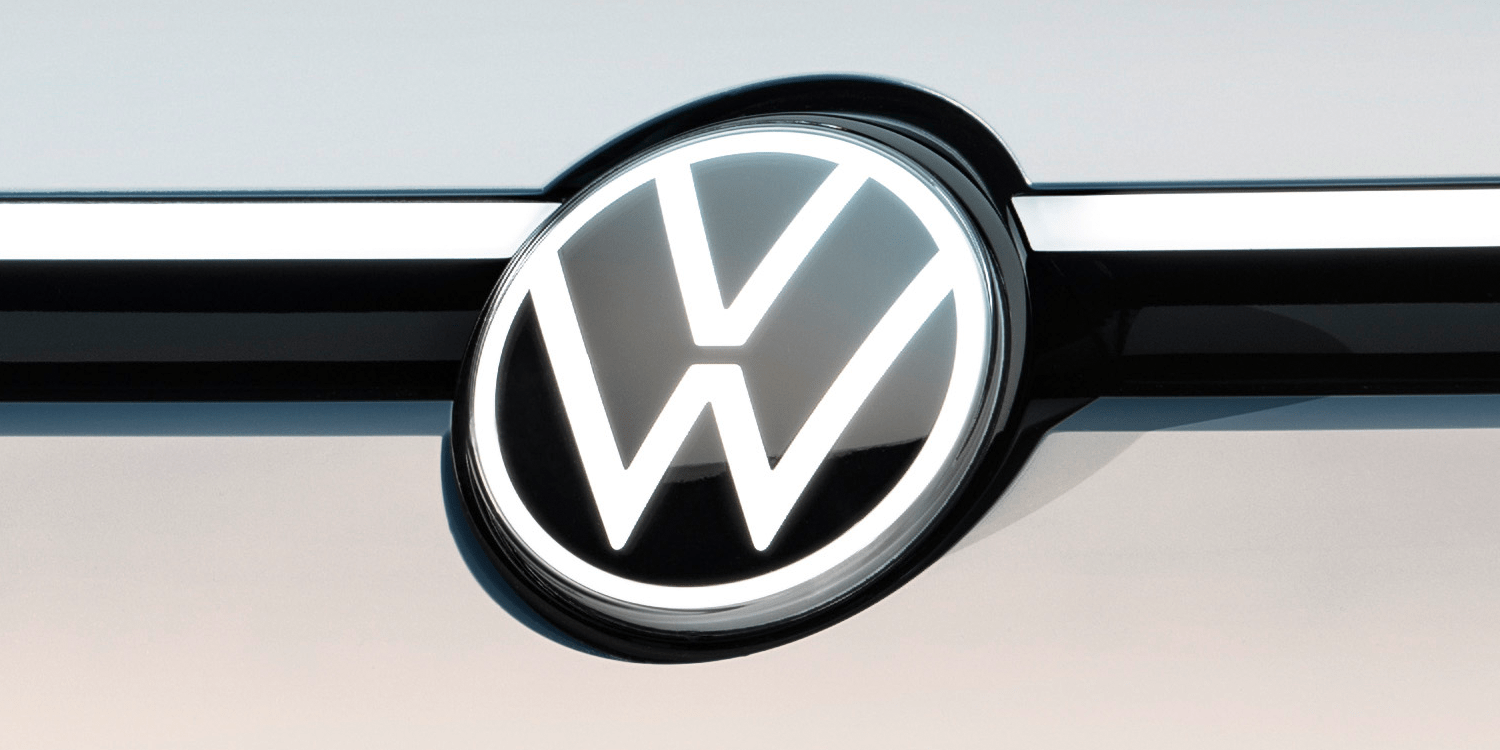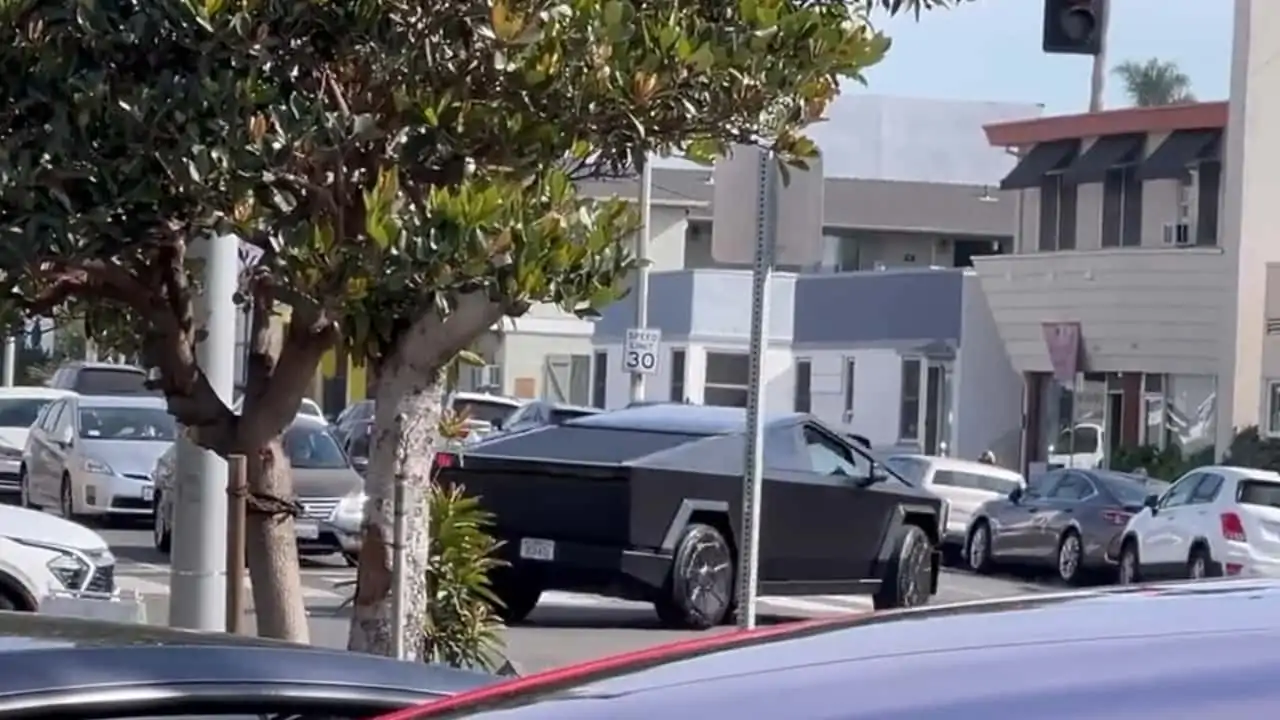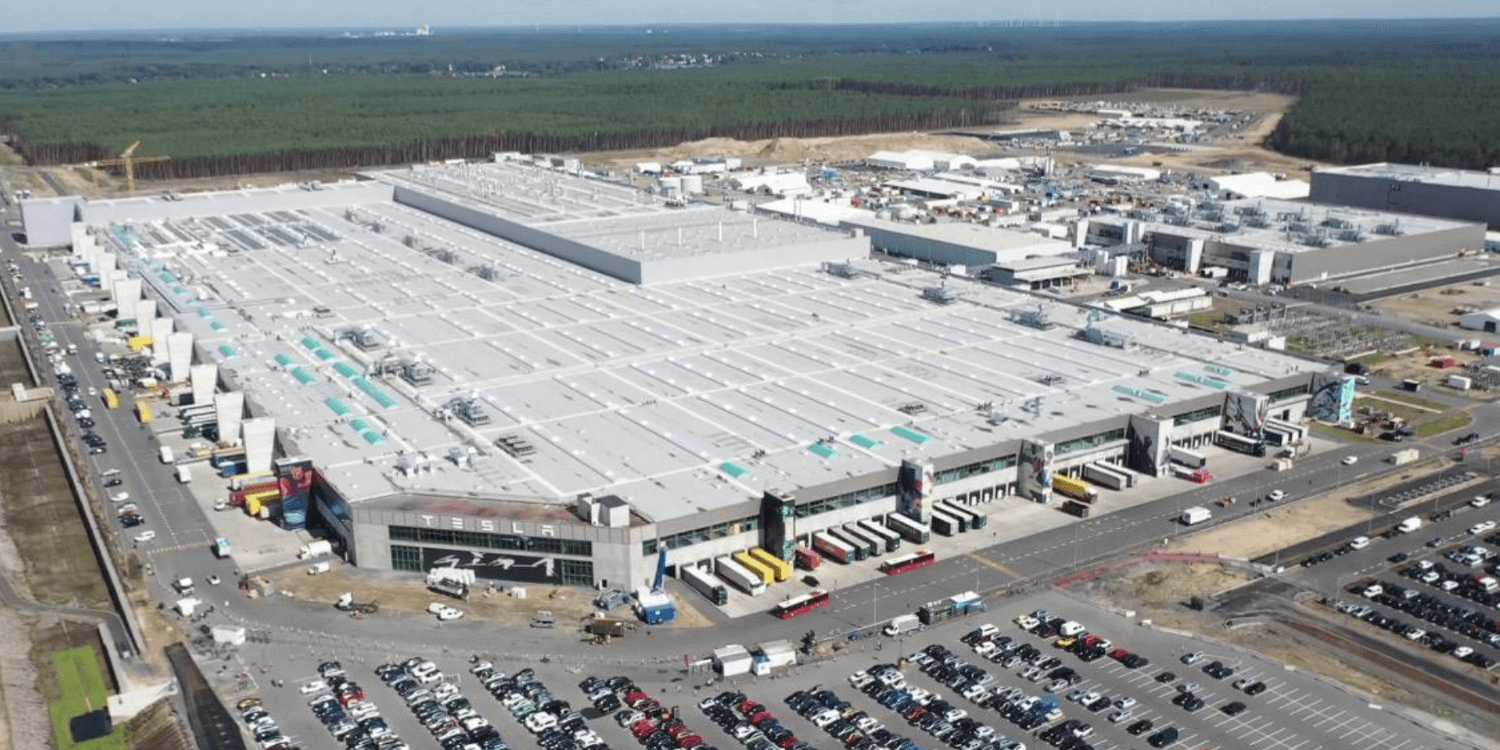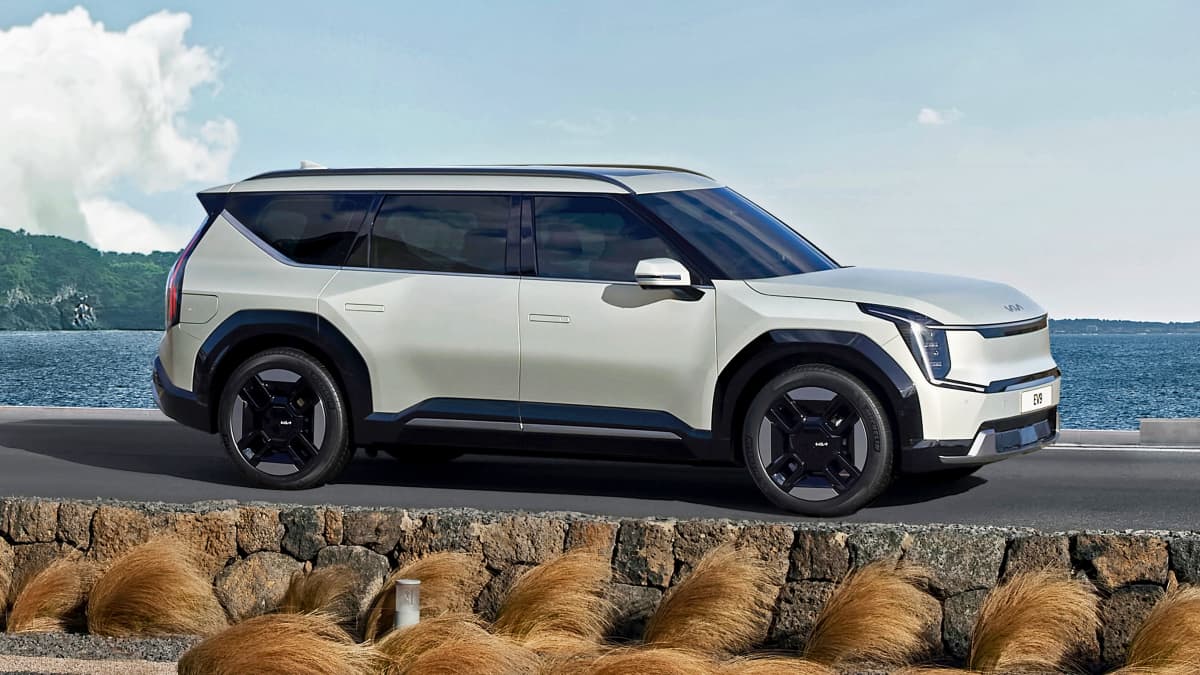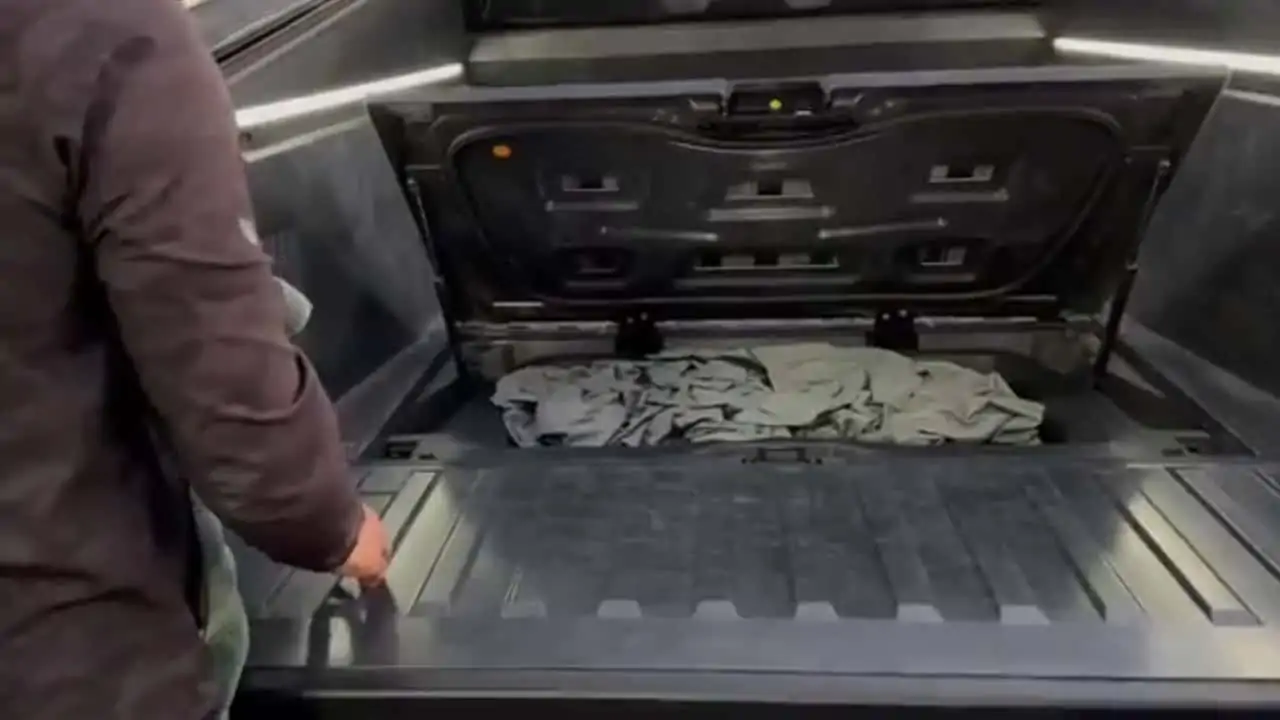Both a U.S. jury and a Chinese court have cleared Tesla of responsibility in separate fatal crash cases. These verdicts come in the wake of intense legal battles surrounding allegations of vehicle malfunctions.
In China, a social media influencer had accused Tesla of a malfunction in a 2022 Model Y crash that claimed two lives and left three others injured. Tesla swiftly filed a lawsuit against the influencer, sparking a contentious legal showdown. However, a report cited in court documents indicated that a forensics investigations institute had ruled out defects in the Tesla’s steering or braking systems as the cause of the tragic incident.
The owner of the Model Y had claimed an inability to stop the electric vehicle after accelerating to 164 km/h (102 mph). The car continued at high speed for approximately 2.6 kilometers, causing multiple collisions and striking four pedestrians before coming to a halt after colliding with buildings along the road. Although the driver survived, he insisted on a brake issue. Contrary to this claim, data from the car’s recorder revealed that the accelerator was held at 100% in the five seconds leading up to the crash, with no application of the brakes.
As a result of the Chinese court’s ruling, the influencer sued by Tesla has been mandated to issue a public apology on their Douyin account and pay the car manufacturer 30,000 yuan ($4,100) in compensation for reputational damage.
Notably, the Chinese court’s decision follows closely on the heels of a U.S. jury’s verdict in a different case involving a Tesla Model 3. In this case, the jury voted 9 to 3 that the Autopilot system of the Model 3 driven by Micah Lee was not responsible for his fatal crash. Lee’s vehicle veered off the highway and collided with a tree, resulting in his death and serious injuries to two passengers.

